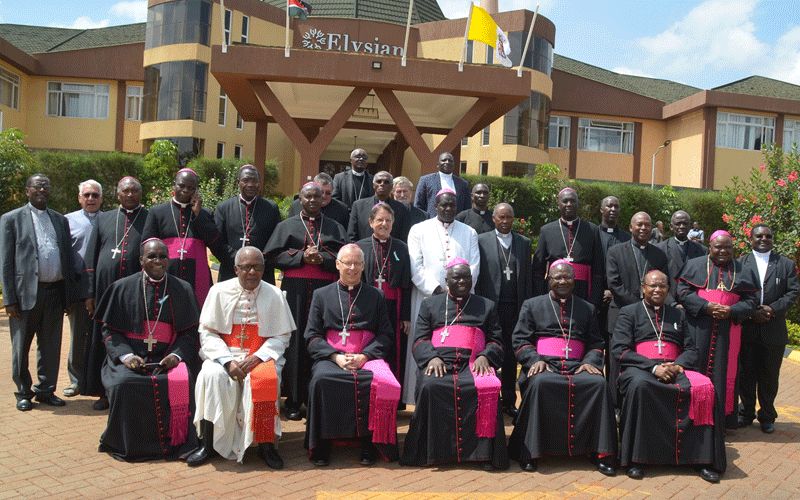Nairobi, 24 May, 2020 / 11:25 am (ACI Africa).
Members of the Kenya Conference of Catholic Bishops (KCCB) have renewed their opposition to the Comprehensive Sexuality Education (CSE) in the country in an online campaign that aims at collecting at least ten thousand signatures from Kenyans.
The Bishops are “totally opposed to CSE,” Bishop Paul Njiru Kariuki who heads the Commission for Education of KCCB that is spearheading the campaign told ACI Africa Friday, May 22, cautioning that if the program is included in the education curriculum in Kenya, it “will bring in lesbians, gays and that is going to destroy our country.”
“We believe that we should teach our children the values and virtues,” Bishop Kariuki who is the Local Ordinary of Kenya’s Embu diocese said and added, “If you look at the CSE, it is so dirty that if we go that way, we are going to destroy the moral fiber of our country.”
It is an online campaign that the Bishops have undertaken in collaboration with Family Watch, a UN-affiliated organization.
“We are collecting online signatures to pressure the government to pull out our country from the CSE commitment,” the Bishops in Kenya stated in a May 22 Facebook post that also indicates that the campaign seeks to collect “at least ten thousand (10,000) online signatures.”





